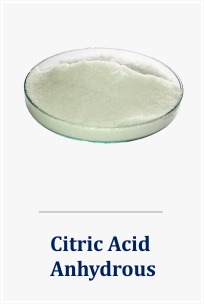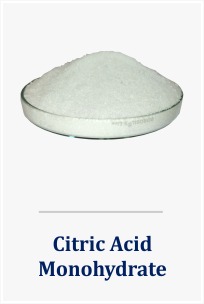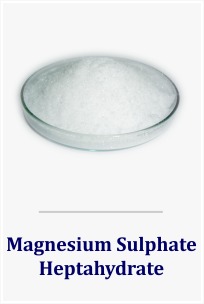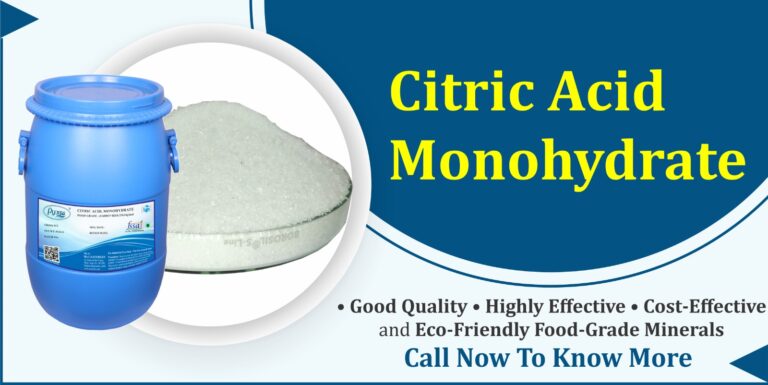





Citric Acid – an unsung hero in the culinary world – plays a pivotal role in enhancing flavors, preserving foods, and adding that zesty kick. Today, we are diving into the specifics of food grade citric acid monohydrate, a natural powerhouse derived from fruits like lemons, limes and oranges.
What is Citric Acid Monohydrate?
Citric Acid Monohydrate is a crystalline powder with a single water molecule attached. It is extracted from citrus fruits and boasts a range of applications beyond the kitchen.
Applications:
Food-Grade Citric Acid Monohydrate in the Packaged Drinking Water Industry
Citric acid monohydrate, a versatile and widely used ingredient, plays a crucial role in the production of packaged drinking water. Here’s how it contributes:
Food grade citric acid monohydrate ensures that your packaged drinking water meets quality standards, tastes great, and remains safe for consumption.
Food Grade Citric Acid Monohydrate in the Food And Beverages Industry
Citric acid monohydrate, a naturally occurring organic acid found in fruits like lemons, limes, and oranges, plays a vital role in the food and beverage sector. Here’s how it contributes:
Looking for bulk supply? Connect with U.S.Steriles, your trusted Food Grade Minerals Manufacturer & Exporter.






